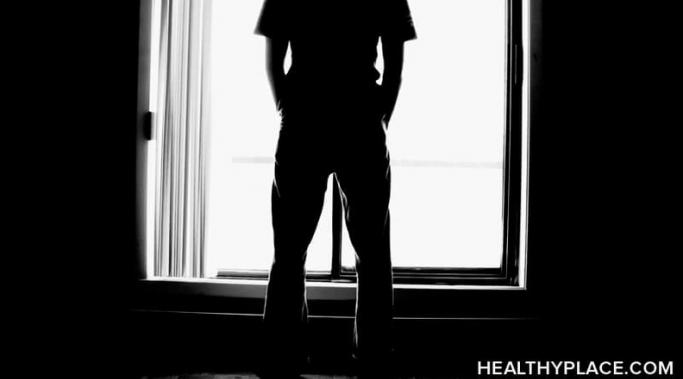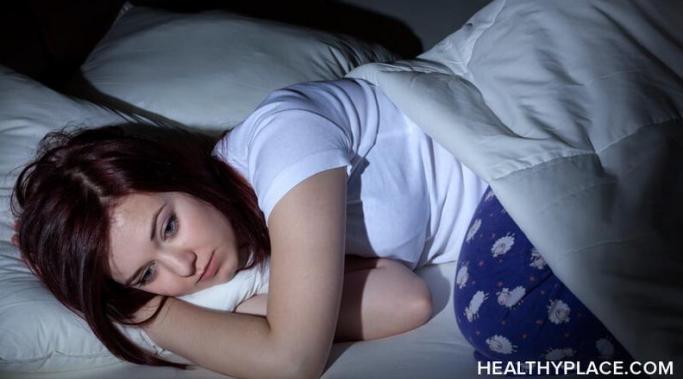You can't turn off your mental illness in the workplace. I am a server. Although this pays the bills, it triggers a lot of an emotional and physical stress. Unfortunately, almost all of us will have to find some sort of income to survive in today's society, but what happens when you're faced with the constant pressure and stress of having a mental illness in the workplace?
Mental Health for the Digital Generation
Practical self-care tips are important not just for your mental health, but for your physical health as well, but they're harder to do on a tough mental health day. Many popular self-care routines involve taking care of, and often pampering, the body such as taking a bath, applying a face mask, drinking a cup of tea, or working out. However, these activities aren't always feasible for someone having a bad mental health day. Try these practical self-care tips on bad mental health days to rest and recharge.
My name is Shelby Tweten and I’m the new coauthor of Mental Health for the Digital Generation. I have struggled with mental illness as long as I can remember. I am diagnosed with bipolar type II as well as borderline personality disorder, but I was wrongly diagnosed for years. I first went to therapy when I was eight years old. Originally labeled as depressed, when I was 14, I was put on medication that later threw me into a medically-induced manic episode. After being diagnosed with bipolar when I was 17, I decided to audition for American Idol. On the show, I talked about my struggle with bipolar and how music helped me get through it. With all that going on and still being in high school, staying on medication was hard for me. When you're good, you think you're fantastic, which leads you to think you can handle life without your medication. This is wrong.
Last week, Linkin Park front man Chester Bennington died by suicide, just a little over a month after depression killed Chris Cornell. In the wake of a celebrity’s suicide, people often say things like, “It just goes to show that money and fame will never make you happy,” and, “I wonder what drove them to it.” The answer is simple: depression killed Chester Bennington.
Teachers shape student mental health because they're often the first adult a student reaches for when they're in emotional pain. But teachers don't have the power to help individual students with their mental health (as per school policy and the teacher's educational background). But it's time to improve the educational system and acknowledge the important role teachers play in their students' mental health.
The future of mental health education is, unsurprisingly, a popular topic here at HealthyPlace. That’s because it’s largely absent from the national curriculum, even though nearly 20% of children show signs of mental illness each year. 1 Approximately 60% of those children don’t receive mental health treatment. The future of mental health education is important.
Coping with the suicide of a friend is one of the most excruciating, incomprehensible things a person can experience. It leaves behind a wound that will seemingly never heal. Read on for some information on how to cope with the suicide of a friend.
I wish my loved ones knew certain things about my mental health. But explaining mental illness to someone who doesn’t have it can feel impossible, especially when it comes to family members and close friends. We want our loved ones to support us without judgement, but it doesn’t always work out that way. Here's what I wish my loved ones knew about my mental health.
Do you know about the interaction between summer and social and the importance of rest? You’re not alone.
I’m Mel Lee-Smith, and I’m excited to join the Mental Health for the Digital Generation blog at HealthyPlace. I was diagnosed with borderline personality disorder in 2012 when I was 18 years old. Like many borderlines, my teenage years were troubled. I grew up in a poor family; I was bullied throughout my school years for my looks; I struggled with self-harm, a poor self-image and the absence of my biological father. To cope – or perhaps distract – I engaged in impulsive, promiscuous, and dangerous habits. Despite all that, I made it my goal to get out and make a better life for myself.









